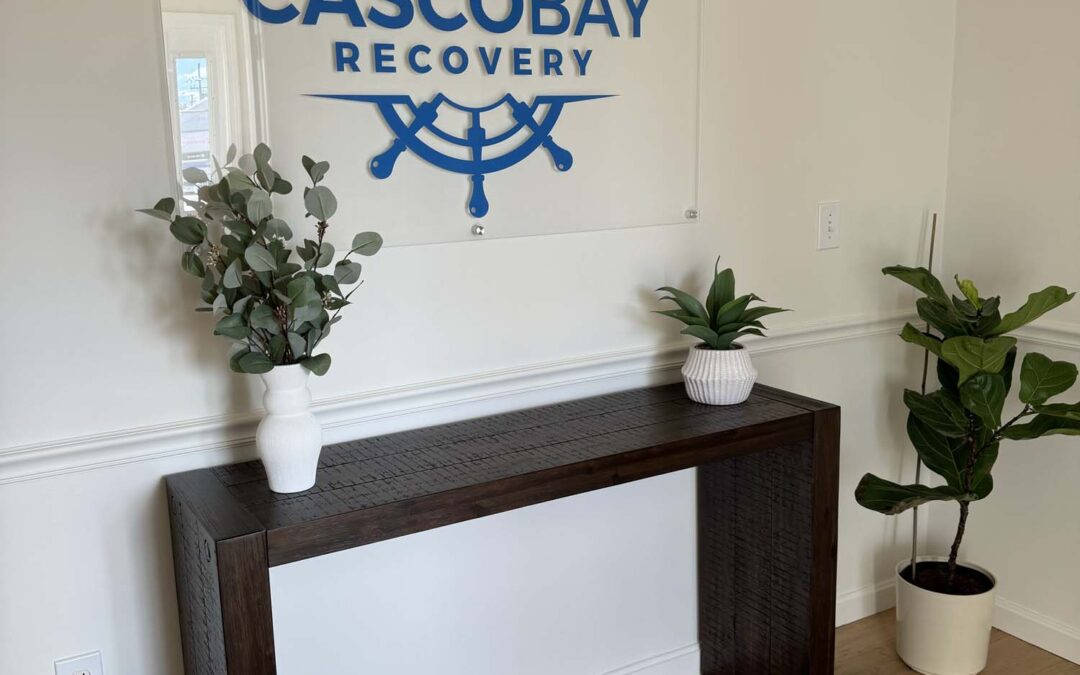Addiction often conjures images of strained relationships, financial ruin, and emotional turmoil. While these consequences are undeniable, the physical devastation caused by substance abuse is frequently overlooked. Long-term substance abuse profoundly alters appearance and severely compromises overall health. This article explores the shocking physical toll of addiction and offers guidance on the path to recovery.
How Addiction Affects Your Appearance
Skin and Hair
- Premature aging: Drugs and alcohol accelerate the aging process, leading to wrinkles, sagging skin, and a dull complexion. Dehydration and poor nutrition exacerbate these problems.
- Acne and sores: Substance abuse can cause skin breakouts, open sores, and infections. Methamphetamine use, in particular, is associated with a condition called “meth sores” that are difficult to heal.
- Hair loss or changes: Both malnutrition and the stress of addiction can lead to thinning hair, hair loss, or changes in texture and color.
Oral Health
- “Meth mouth”: Methamphetamine abuse is notorious for causing rapid tooth decay, gum disease, and tooth loss, creating a condition known as “meth mouth.”
- Dry mouth: Many substances suppress saliva production, leading to dry mouth, which increases the risk of cavities and gum disease.
- Oral infections: Poor hygiene and a weakened immune system can lead to oral infections and other dental problems.
Body and Weight
- Weight fluctuations: Addiction can cause drastic weight loss or weight gain, depending on the substance used and an individual’s metabolism.
- Muscle loss: Substance abuse can lead to muscle wasting, particularly in people who struggle with stimulant addiction and neglect their nutrition.
- Bloating and swelling: Some substances can cause bloating, swelling, and fluid retention.
The Toll on Your Health
Beyond outward signs, addiction wreaks havoc on internal bodily systems:
- Cardiovascular disease: Heart disease, stroke, high blood pressure, and irregular heartbeat are all significant risks for those struggling with addiction.
- Liver damage: Alcohol abuse is a leading cause of cirrhosis, hepatitis, and liver failure. Many other drugs can also stress the liver.
- Kidney problems: Kidney damage and failure can result from drug use, particularly when dehydration is a factor.
- Weakened immune system: Substance abuse makes the body more vulnerable to infections and illnesses, and slows down the healing process.
- Cancer: Many substances increase the risk of certain types of cancer, including lung, throat, stomach, and liver cancer.
- Mental health issues: Addiction and mental health disorders such as depression and anxiety are deeply intertwined, exacerbating each other.
The Path to Recovery and Healing
While the physical effects of addiction are distressing, the good news is that with professional treatment and a commitment to recovery, many of these changes can be reversed or improved.
Here’s how the recovery process can support physical rejuvenation:
- Medical detox: Safe, supervised medical detox ([invalid URL removed]) is the crucial first step to rid the body of toxins and manage withdrawal symptoms.
- Addiction treatment: Comprehensive addiction treatment ([invalid URL removed]) addresses the underlying causes of addiction, providing coping mechanisms and relapse prevention strategies.
- Nutritional support: A balanced diet plays a vital role in restoring physical health and well-being during recovery.
- Exercise: Regular exercise helps rebuild strength, stamina, and promotes overall health, including cardiovascular well-being.
- Rest and stress management: Adequate sleep and stress reduction techniques are essential for optimal healing.
- Self-care: Rediscovering activities that bring joy and engaging in personal care routines boost self-esteem and contribute to physical and emotional well-being
Addressing the Physical Effects of Addiction
In addition to the broader recovery process, there are specific steps you can take to address the physical damage caused by addiction:
- Consult with a doctor: A thorough medical evaluation can identify and address any underlying health conditions that may have developed or been worsened by substance abuse. Discuss treatment options and ways to restore your physical health.
- See a dentist: Regular dental checkups and professional cleanings are critical for maintaining oral health. If you’re facing significant dental problems, discuss restorative options with your dentist.
- Work with a dermatologist: Consult a dermatologist for treatment of skin problems like acne, sores, or hyperpigmentation.
- Access cosmetic treatments: If desired, explore cosmetic procedures (consider doing this under medical supervision) to address premature aging or other concerns once you’re further along in your recovery journey.
The Importance of Self-Compassion
Recovering from addiction is a journey that takes time. Be patient with yourself as your body heals and as you regain your physical health. The physical changes brought on by addiction can negatively impact self-esteem. Focus on taking care of your mind and body during recovery in the following ways:
- Practice self-care: Engage in activities that promote relaxation and well-being, such as yoga, meditation, or spending time in nature.
- Focus on progress, not perfection: Celebrate the small victories on your path to healing. Remember any positive change is a step in the right direction.
- Surround yourself with support: Lean on loved ones, a support group, or a therapist for encouragement and understanding.
Support for Those Affected by a Loved One’s Addiction
If you’re supporting someone struggling with addiction, it’s important to understand the physical changes they may be experiencing.
- Educate yourself: Learn about the physical effects of addiction. Resources like the National Institute on Drug Abuse (NIDA) (https://nida.nih.gov/) provide helpful information.
- Offer support, not judgment: Encourage your loved one to seek professional help and support their recovery process.
- Remember, you can’t force someone to change: Recovery is ultimately up to the individual. Set healthy boundaries and prioritize your own well-being.
- Seek support for yourself: Support groups for family and friends of those struggling with addiction, like Al-Anon (https://al-anon.org/) can provide invaluable guidance and resources.
Addiction leaves a devastating trail of destruction, impacting both physical appearance and overall health. While the consequences can feel overwhelming, recovery offers hope for healing and transformation. If you’re struggling with addiction, there is no shame in seeking help. Treatment professionals at Casco Bay Recovery (https://cascobayrecovery.com/) are committed to supporting you every step of the way towards reclaiming your physical and emotional well-being.








